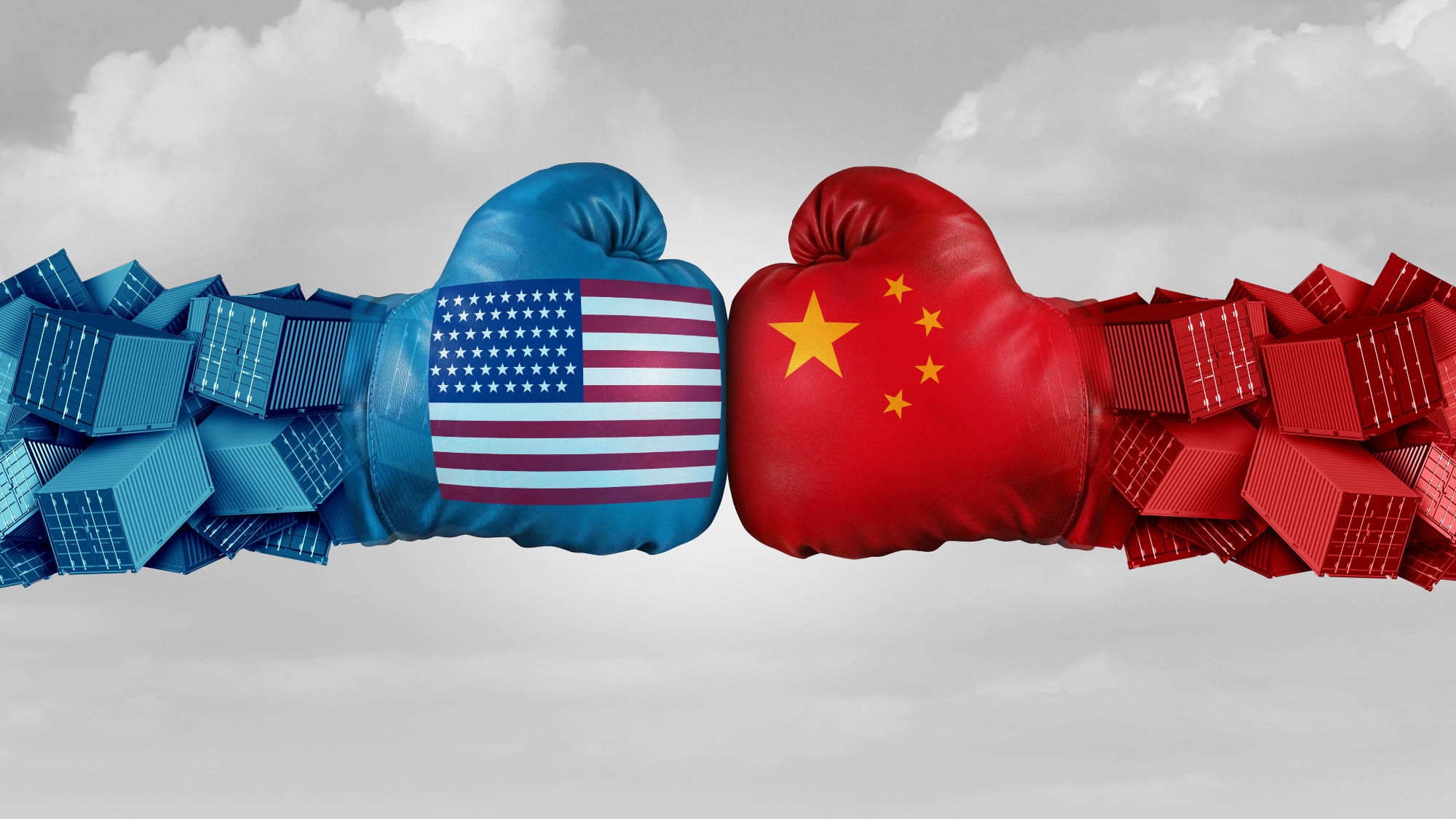Have You Spoken to Your CFO about SCM Recently?
Many managers I speak with often complain about the problems associated with convincing CFO’s of the importance of SCM initiatives. Recent research, however, suggests that this is about to change. A recent study(1) conducted by Accenture, Stanford, and INSEAD found that 89% of senior executives at leading companies view supply chains a critical or very important to their company and industry, and 89% also agreed investments in supply chain capabilities have increased in the last three years. Further, the 9% of companies identified as Leaders in supply chain management were found to demonstrate significantly higher financial performance than the random probability of 4 percent. Some of the most important financial metrics impacted included cost reductions, enhancing revenue, and reducing working capital.
Chief Financial Officers are especially interested. Driven by cost-cutting needs and general dissatisfaction with supply chain performance, CFOs are adding supply-chain management to the financial levers they already control, according to a new survey(2).
“CFOs and the Supply Chain” survey
The findings are based on a mail survey of 247 senior financial executives and telephone interviews with an additional 15 executives carried out this spring. UPS Consulting funded the research and released the findings. The survey provides some insight into why CFOs are exerting more influence in this area and the implications for supply-chain management. First, they see this activity as integral to meeting their strategic goals. Sixty-one percent of the CFOs surveyed view the supply chain as having a large or very important effect on their ability to achieve corporate objectives. Within that framework almost all – 93 percent – rated reducing operating costs as a key goal of their supply chain, with improving customer service coming in second at 82 percent. This suggests that CFOs are not just obsessed with financial rigor but also appreciate the importance of customer-relationship management to the future of their organizations.
While they recognize the significance of supply chains, CFOs are less appreciative of management efficiency in this area. Thirty-six percent said that the fragmentation of supply-chain processes is a problem, with 34 percent citing unclear lines of authority as a source of dissatisfaction. Moreover, only about a third said their companies would make major supply-chain changes when necessary, and nearly two-thirds said their organizations were able to make only incremental changes. Since the management of supply chains tends to be dispersed throughout organizations, across-the-board change can be a slow process – too slow for CFOs. More than half of the respondents said the time lag between the development of business strategy and operational plans is five weeks or more.
The financial executives regard limited visibility into supply-chain financials as a problem. Only 17 percent of those polled said they are “very satisfied” or “completely satisfied” with their ability to measure supply-chain costs. Inventory metrics are key to measuring performance, yet 30 percent of respondents reported that they have incomplete inventory data.
The CFOs role in supply chain management
According to the survey, 34 percent have taken more of a leadership role in supply-chain management, and 49 percent believe that they will be playing such a role in two years. And CFOs see themselves as suited to the task; they wield significant corporate power, yet have no ax to grind in a supply-chain sense since they are not bound by the traditional political and organizational ties that anchor this discipline within companies. Also, the financial disciplines that CFOs must have may prove invaluable not only in the current environment, but also as supply chains become more complex with the increase in outsourcing and globalization. CFOs can bring “a certain degree of coherence to what may be a fragmented reporting structure,” said Gene Long, president of UPS Consulting. Since they are already charged with managing cash and capital allocations, in a supply-chain sense they “probably are in a critical position to be able to manage the tradeoffs that should be made,” he said. Also, CFOs are adept at quantifying value, something that supply-chain management can benefit from, he said. In many cases this is already happening – 20 percent of respondents said that senior supply-chain professionals already report to the CFO – but the survey indicates that this will become more widespread, enabling financial executives to take a more proactive role.
Historically CFOS may have been involved in supply-chain decisions “but not on a level where decision-making is quick and decisive,” said Long. Moreover, the survey shows that CFOs regard improving supply-chain performance as crucial to the future of their companies. Seventy-six percent see reducing logistics and distribution costs as important, while 75 percent see increasing the number of “perfect orders” as important. Perfect orders are those delivered to the right customer in the right quantity at the right time. At the same time they are not naive about the obstacles to major change. Individuals such as plant managers and purchasing managers are often unwilling to relinquish power as part of efforts to centralize decision making, for example. And respondents acknowledged that breaking long-established ties with trading partners is not easy.
What does this mean for supply chain managers?
Clearly, you need to get CFO’s on your side, and approach them about working together to link financial metrics with supply chain strategies. In doing so, this can improve your prospects for career development, and allows you to drive home the benefits and validate the savings. Also, you need to create a “win-win” scenario: CFOs can learn from supply-chain professionals as well. With continued pressure on these individuals to cut costs, it is unlikely that this interest in working together will disappear anytime soon.
References:
(1) “A Global Study of Supply Chain Leadership and Its Impact on Business Performance”, Accenture and INSEAD, White paper, 2003.
(2) Developed jointly with Atlanta-based UPS Consulting, the survey titled “CFOs and the Supply Chain” was carried out by CFO Research Services. Reported in “Paying Attention” Chief financial officers get involved in managing more supply chains Traffic World, 09-02-03.
- Categories:


